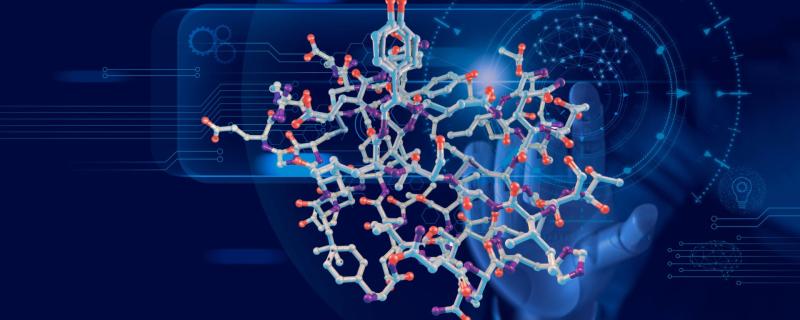Researchers from IISc have studied the behavioural and physiological changes in the brains of persons showing early signs of dementia to understand and aid early diagnosis.
General
A new study analyses some of the most widely used databases and applications or algorithms available for protein mutations and predicting disease-causing mutations among them.
Researchers use a Disaster Intensity Index (DII) to assess disaster impacts on state budgets, offering a roadmap for better disaster preparedness and economic protection.
Researchers from JNCASR have developed an innovative method to activate thermally activated delayed fluorescence (TADF) molecules, by trapping it with light in a “optical cavity”.
The theme for World Leprosy Day in 2025 is Unite. Act. Eliminate.
The new method allows scientists to produce clear, real-time microscopic images of the process of crystallization in a liquid.
A recent study by UPES, Uttarakhand, and the Indian Institute of Technology (IIT) Kanpur explores the potential of using computer vision for gait analysis as an early detection tool for Autism Spectrum Disorder (ASD).
A study reviewed the available literature on zoonotic pathogens in the food chain to assess their threat and recommend steps to mitigate them.
Prof. Amartya Mukhopadhyay won the Tata Transformation Prize 2024 in December for his work.
Researchers have developed a deep learning-based Intrusion Detection System, that can detect intrusions into any network by looking at data patterns









